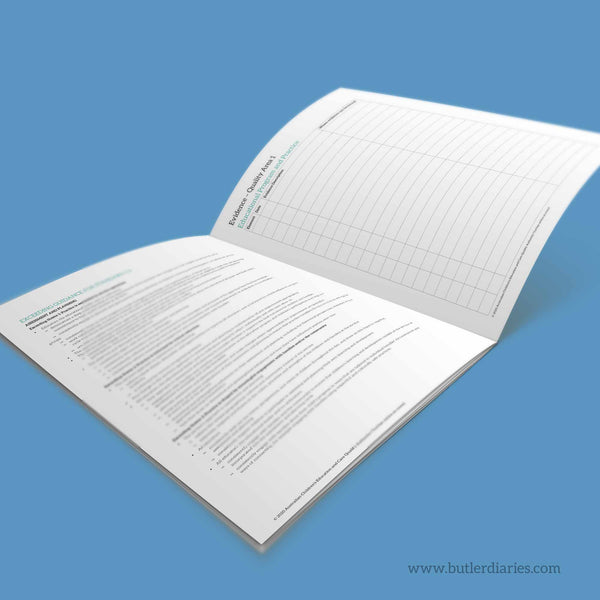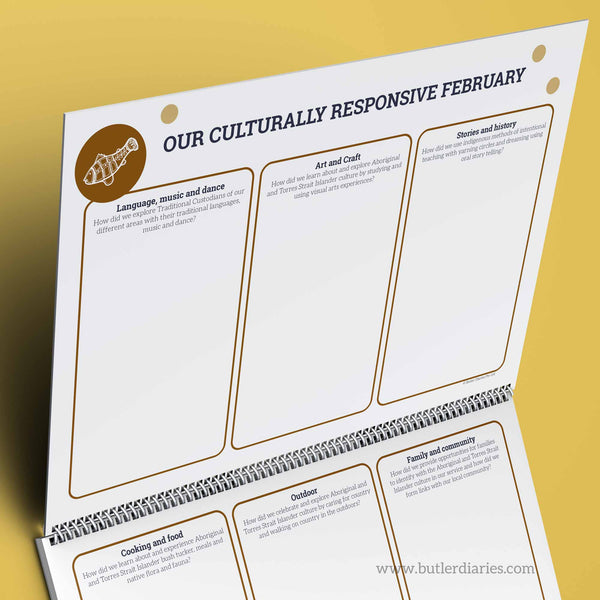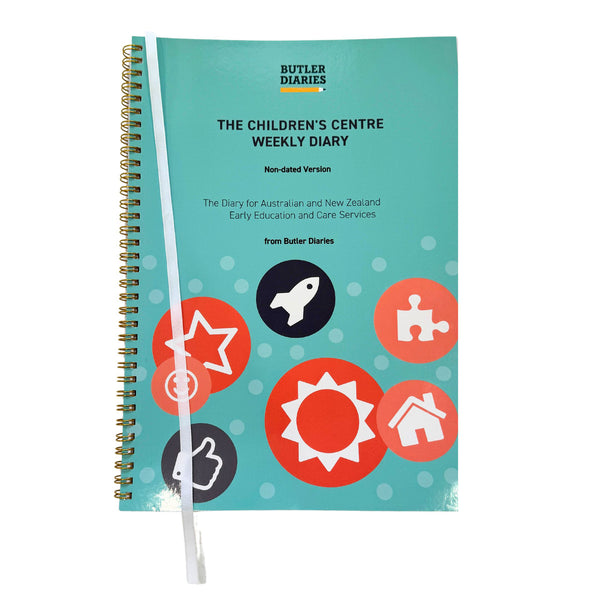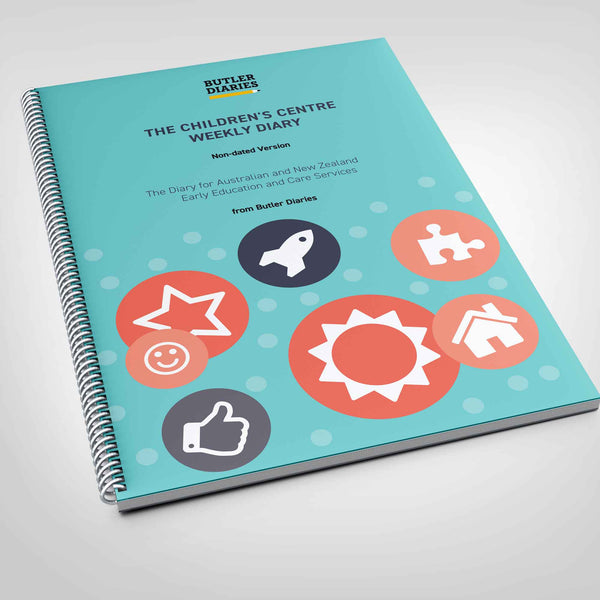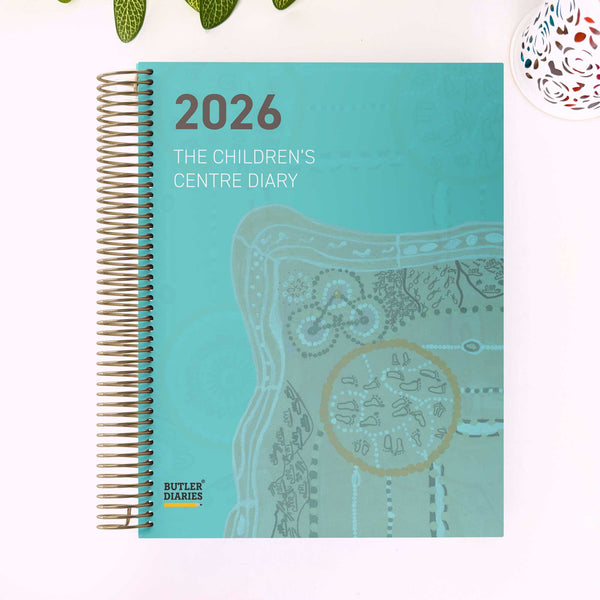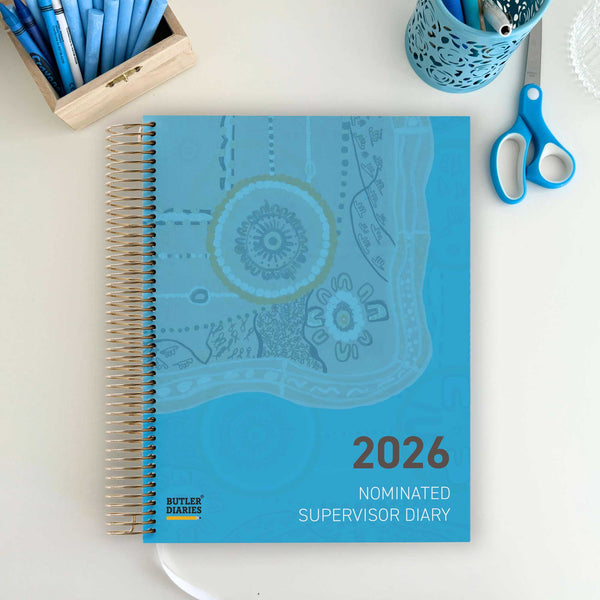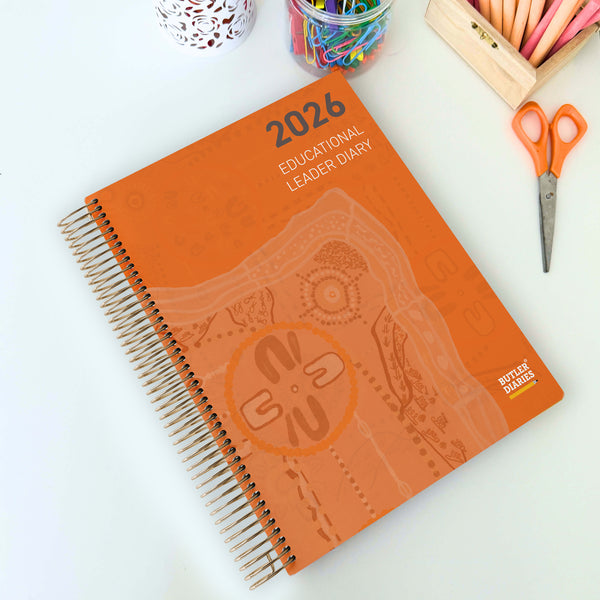Assessment and Rating can be a daunting process for many Early Childhood Education and Care (ECEC) services. However, with proper preparation and a clear understanding of what is expected, the experience can be significantly less stressful. Here are some essential tips to help you prepare for assessment and rating, manage nerves, and effectively discuss your practice.
1. Understand the National Quality Standard (NQS)
The first step in preparing for assessment and rating is to have a thorough understanding of the National Quality Standard (NQS). Familiarise yourself with each of the seven quality areas:
- Educational program and practice
- Children’s health and safety
- Physical environment
- Staffing arrangements
- Relationships with children
- Collaborative partnerships with families and communities
- Governance and leadership
2. Self-Assessment and Continuous Improvement
Conduct regular self-assessments against the NQS to identify areas for improvement. Our free Reflective NQS Checklist supports you to take a reflective view of your service and create notes as a team. Use your Quality Improvement Plan (QIP) to document strengths and areas that need development. Continuously update your QIP to reflect ongoing improvements and ensure it is readily accessible for assessors.

3. Engage Your Team
Involve your entire team in the preparation process. Hold regular meetings to discuss the assessment and rating process, review the QIP, and allocate tasks. Encourage open communication and collaboration among staff to ensure everyone is on the same page.
4. Document Evidence
Keep thorough and organised documentation of your practices and improvements. This can include daily routines, child observations, learning stories, and feedback from families. Ensure that your documentation clearly demonstrates how your service meets each quality area. You can use compliance diaries to keep all your documentation in one place.

5. Create a Welcoming Environment
Ensure your physical environment is welcoming, safe, and conducive to learning. Display children’s artwork, maintain clean and organised spaces, and create a warm and inviting atmosphere for both children and assessors.
Techniques to Prepare and Handle Nerves
Nerves are usually the biggest hurdle to face when it comes to assessment and rating so its vitally important to address nerves prior to the experience.
1. Practice Mock Assessments
Conduct mock assessments with your team to simulate the actual assessment and rating process. This can help identify any gaps in your preparation and provide an opportunity for staff to practice discussing their practices. The Reflective NQS Checklist is a great tool for a mock assessment.
2. Stay Informed and Updated
Keep up-to-date with any changes or updates to the NQS and ECEC regulations. Attend professional development sessions and network with other ECEC services to share knowledge and experiences. The more knowledge you have on key assessment areas, the calmer you'll feel.
3. Relaxation Techniques
Practice relaxation techniques such as deep breathing, mindfulness, or meditation to help manage nerves. Encourage your team to take breaks and engage in self-care activities leading up to the assessment day.
4. Positive Mindset
Maintain a positive mindset and focus on your strengths. Remind yourself and your team of the hard work and dedication that goes into providing high-quality care and education for children.

Tips for Practising How to Discuss Practice
Another significant hurdle to assessment and rating is being able to discuss practice. Some great educators doing all the right things struggle to discuss their practice when asked.
1. Role-Playing
Engage in role-playing activities where staff members take turns being the assessor and the person being assessed. This can help build confidence and improve the ability to articulate practices clearly and effectively.
2. Reflective Practice
Encourage reflective practice among your team. Regularly discuss what is working well and what could be improved. Reflection helps staff to understand their practices deeply and articulate them more confidently.
3. Use Clear and Simple Language
When discussing your practices, use clear and simple language. Avoid jargon and be prepared to explain any technical terms. Practice explaining your practices in a way that is easy for anyone to understand.
4. Gather and Share Examples
Collect examples of good practice and share them with your team. Discuss how these examples demonstrate meeting the NQS and how they can be used to explain your practices to assessors.

Conclusion
Preparing for assessment and rating can be a comprehensive process, but with the right strategies in place, it can also be a rewarding one. By understanding the NQS, engaging your team, documenting evidence, creating a welcoming environment, and practising how to discuss your practices, you can approach the assessment and rating process with confidence. Remember, it’s an opportunity to showcase the excellent work you do every day in providing high-quality education and care for children.
With regular attention to assessment and rating and a calm, positive approach, you can navigate the assessment and rating process successfully, ensuring your service stands out for its commitment to excellence in Early Childhood Education and Care.









